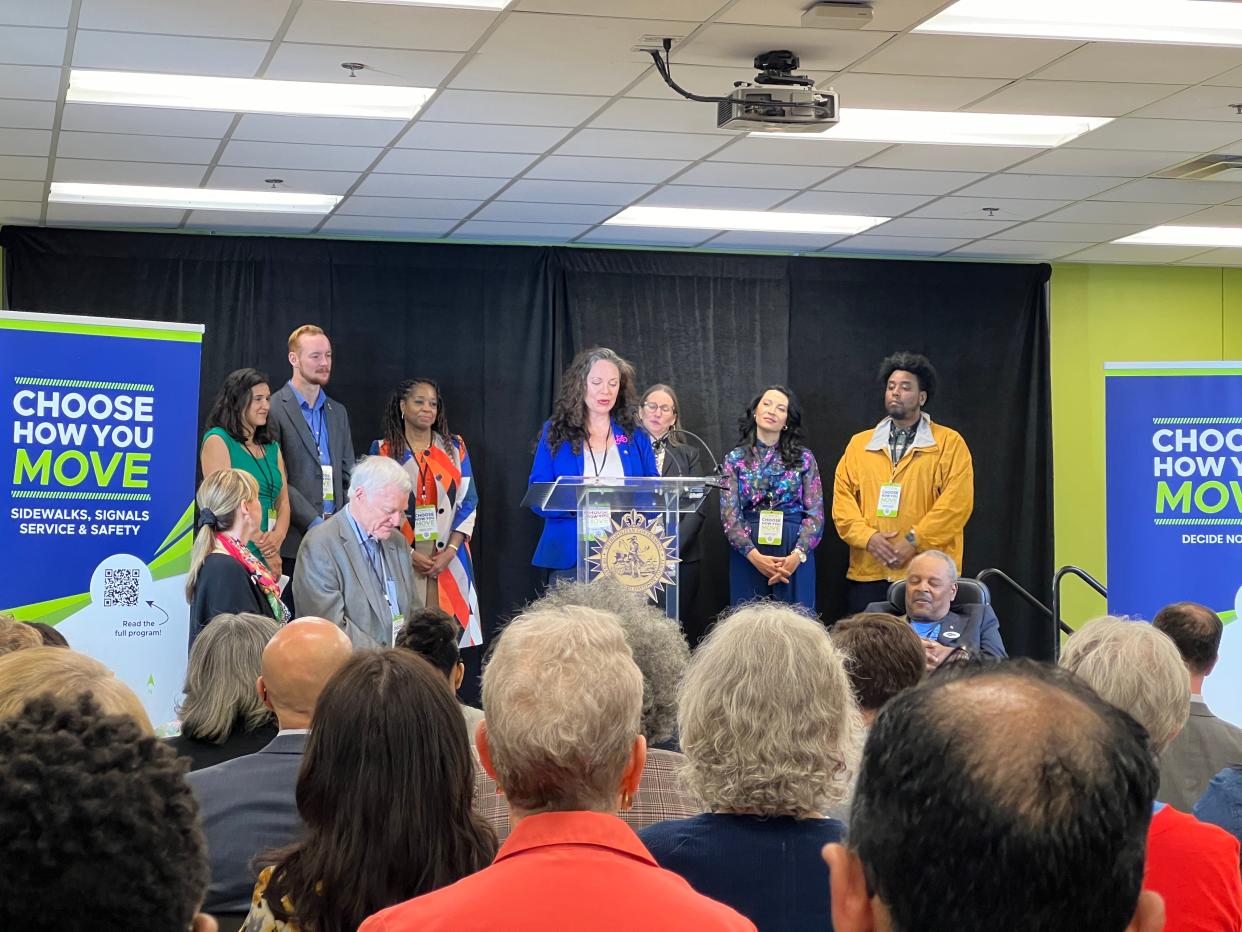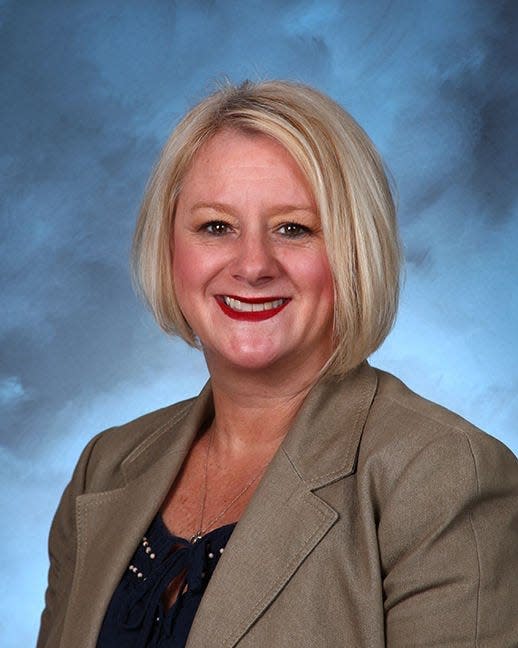Nashville has too many traffic deaths. Here's how Vision Zero is helping make us safer
In the early morning hours of April 14, Chazan Page lost his life when a person driving down Gallatin Pike struck him and kept going − a deadly hit and run scenario that has become all too common in our city.
Chazan, a student at Tennessee State University, was only 20 years old. As of the time I’m writing this, Nashville has lost nine pedestrians to traffic violence so far this year, with several others seriously injured. This is simply unacceptable, and this loss of life is simply unfathomable.
This epidemic of traffic violence is not unique to Nashville. Cities across the country are grappling with how to keep people walking, biking and driving safe from the impacts of inadequate infrastructure and irresponsible behavior. As the director of the Nashville Department of Transportation & Multimodal Infrastructure, my No. 1 priority is keeping our transportation network users safe, and the department’s work is done through the lens of Vision Zero.
Another view: Oracle plans a world headquarters in Nashville. That puts transit plans on the fast track
This is what's behind Vision Zero to eliminate deaths on the road
Vision Zero is an international strategy to eliminate traffic deaths and serious injuries through investment in 5 E’s:

Engineering
Education
Encouragement
Evaluation
Enforcement.
These five E’s guide the work of NDOT’s planners, engineers, operations crews, and even administrative employees as we work to build and maintain complete streets that consider the safety of everyone traveling in Nashville.
From transformational corridor redesigns to quick-build intersection improvements, to road repair and resurfacing, engineering plays a key role in eliminating crashes. As we look to potential future transportation investments, like Metro’s Choose How You Move Program, NDOT will continue to prioritize safe and complete streets to help us meet the objective of zero deaths and injuries on our roads.
Motor vehicles can become deadly weapons
But even as we implement our Vision Zero safety plan across Nashville, we need your help. Data shows that contributing factors to many life-ending crashes include speeding, driving under the influence and distracted driving.
Hit-and-run crashes are occurring at alarming rates. We cannot and must not let these behaviors become normalized. We cannot let people dying on our roads become accepted as the cost of living in modern society. These are mothers and fathers, friends and siblings. These are our neighbors.
We must remind ourselves when we get behind the wheel: This car is a deadly weapon.
According to the U.S. Department of Transportation, a person walking who is hit by a vehicle at 32 m.p.h. has a 25% risk of death. That risk increases to 50% when a driver is driving 42 m.p.h.
Another view: Riley Strain should’ve been home safe. Instead he’s another casualty of Nashville’s party scene.
Nashville should not be known for being a reckless city
Nashville is known for many things. We love music, our sports teams, great food, and honky-tonks. We don’t want to be known for drunk driving. There are many great options for a safe ride: carpooling with a sober driver, taking a cab or rideshare, or using public transportation when you’ve had one too many drinks to get behind the wheel of a car.

When we’re stopped a traffic light, how often do we look over to see someone looking down, distracted by their cell phone? Distracted driving, whether it’s due to texting, eating, or any other factor, causes us to pay less attention to our surrounding conditions and makes us less likely to drive safely. Your text conversation can wait. Ensuring that everyone arrives to their destination alive is the only outcome that matters.This is a call to action. As NDOT works to build better streets, help us make Nashville safer by slowing down and sharing the road so that everyone arrives alive. We don’t want another life lost on our streets.
Diana Alarcon is the director of the Nashville Department of Transportation and Multimodal Infrastructure. She previously worked in Tucson, Arizona and Ft. Lauderdale, Florida.
This article originally appeared on Nashville Tennessean: Traffic deaths in Nashville: Vision Zero seeks to make city safer
